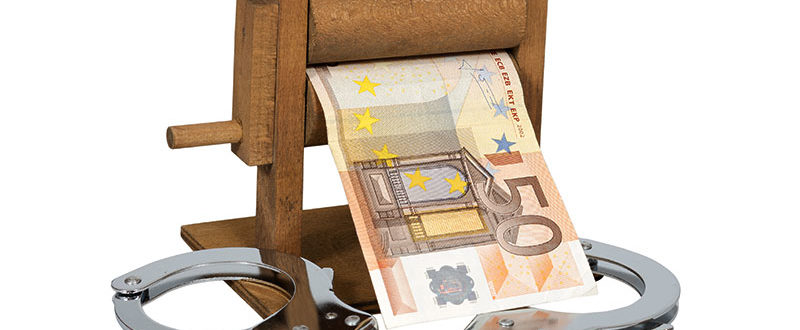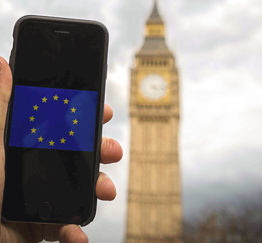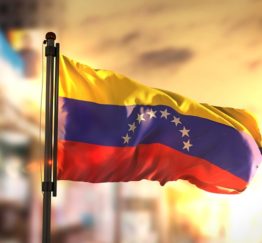There’s a lot of scrutiny facing European financial institutions these days, leaving some to wonder why overseas banks are under the large microscope held by the Office of Foreign Assets Control (OFAC).
The official answer according to The New York Times is that American banks typically avoid processing transactions with Iran, Sudan and other sanctioned nations. In general, financial institutions on this side of the pond are diligent about performing OFAC screening on potential clients, restricted and denied party screening on their employees, and ensuring everyone understands OFAC regulations to avoid committing export or sanctions-related violations.
The news lately would indicate that such diligence is lacking abroad. Not long ago we were bowled over by the massive fine that the Office of Foreign Assets Control (OFAC) slapped on French financial services company BNP Paribas. The $9 billion slap for U.S. sanctions violations set a record for the largest penalty OFAC has ever inflicted upon a European bank. Now Commerzbank of Germany faces a possible $800 million fine over their dealings with countries under U.S. sanctions, including Iran and Sudan. The U.S. Department of Justice, the Treasury Department, the Federal Reserve and the Manhattan District Attorney are involved in negotiations to determine the extent of the penalty. These authorities are also now investigating the goings-on at Italy’s Uni-Credit Group, which has operations in 20 European countries and is also suspected of lending to U.S. sanctioned countries. This is coupled with more recent investigations of French financial institutions Credit Agricole and Societe Generale.
While it would seem that we’re in the midst of a slew of European banks being chastised, it’s nothing new. In recent years there have been several violators, beginning in 2009 when Lloyds in the United Kingdom and Credit Suisse struck deferred prosecution agreements over their involvement with prohibited countries. By 2013 the U.K’s Barclays, HSBC and Standard Chartered had also reached settlements, followed by ING in the Netherlands.
But despite keeping Iran and Sudan at arms-length, U.S. banks aren’t entirely blemish-free, either. One well-known U.S. financial institution is currently under investigation for processing money linked to a drug cartel. Another just reached a $2 billion deal with the government over participation in a Ponzi scheme run by a client.
So while it may be a tough time to be a European financial institution right now, when it comes to OFAC regulations we’re all under the same microscope.





